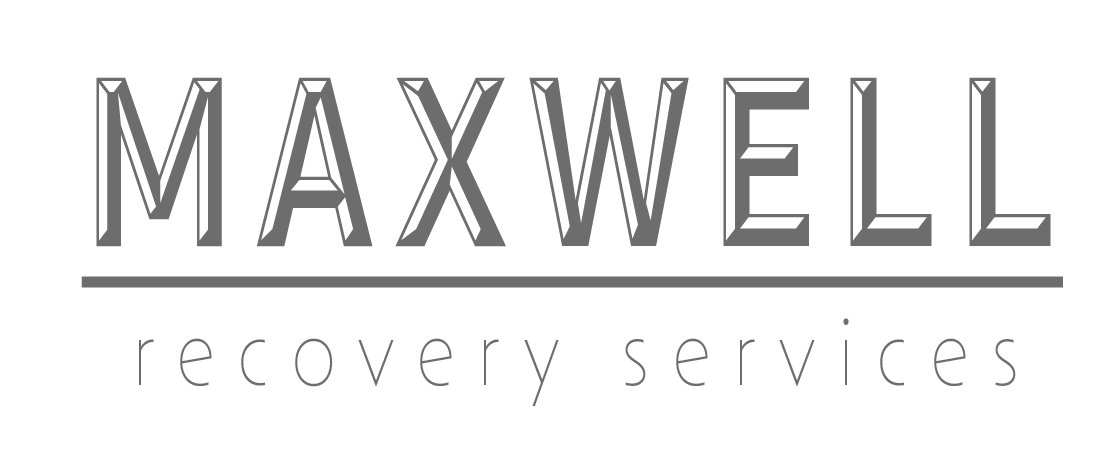Finding the right addiction treatment for you
As we often say in addiction treatment circles, awareness is the first step to change. The process of someone becoming aware of their addiction problem can be tiresome and challenging, and people can experience a plethora of consequences before they are willing and ready to accept help. We sometimes call this “hitting bottom, “an experience that can look very different from person to person. This process is difficult enough on its own but is made worse by the fact that people often do not know where or how to access the support needed to heal from their addiction.
According to the National Institute of Drug Abuse (NIDA), around 10% of adults in the United States have a substance use disorder at some point in their lives. Of that 10%, 75% do not receive proper treatment. This coincides with the fact that the meaning of the term “proper treatment” is not always immediately clear.
There are thousands of different programs, each with their own unique specialties, methodologies, populations and price points. Some programs take insurance, but insurance coverage varies based on a plethora of factors. Some programs only work through private pay options, which can range from relatively affordable, to extremely expensive.
As with most things, you generally get what you pay for, but not always. Whether private pay, insurance based or some combination of both, each program will differ in its commitment to best practice standards, as well as professional ethics. Some programs are unethical and engage in practices that are both immoral and damaging to the populations they serve. Some of the stories you hear about treatment programs are incredibly disturbing and include incidents of abuse, financial exploitation, false advertising and insurance fraud.
Help is available
If you or someone you know is in crisis, there are 24/7 hotlines and resources locally and nationally:
Aspen Hope Center: Call 970-925-5858.
Aspen Strong: aspenstrong.org
A Way Out: https://awayout.org/
Colorado Crisis Services: Call 1-844-493-8255 or text “TALK” to 38255.
National Suicide Prevention Lifeline: Call or text 988.
There are also plenty of ethical, effective and competent treatment programs across the country that truly help individuals achieve recovery. Determining which is which is a matter of doing one’s homework and knowing the right questions to ask. The treatment program should be able to forthrightly explain their approach, methodologies, commitment to professional ethics, pricing and process for working with insurance. They should be willing to be held accountable through regular contact with you and should be happy to accept feedback. They should also be honest about both their strengths and weaknesses and should be willing to refer you to another program if you do not align with their admissions criteria.
Look for accreditations from major agencies within the behavioral health field, such as accreditation from the Joint Commission or Commission on Accreditation of Rehabilitation Facilities (CARF). You should also be looking for memberships in professional organizations, such as NAADAC (the Association for Addiction Professionals) or NAATAP (National Association of Addiction Treatment Providers). If possible, ask members of your social circle about treatment programs they have had experiences with.
This vetting process is where hiring a professional can be incredibly beneficial. You should vet the provider in the same way you would a treatment program. If you trust them, they can help guide you in finding a program that is ethical, effective, and the best fit for your situation. Hard-won experience can be the most helpful in navigating such a complex system.
Many people in our valley simply do not get the support they need to heal and thrive. The current system for accessing care can be difficult to navigate to the point that people either give up or settle for care that is not appropriate for their needs. However, addiction is a very treatable illness, and support is out there. Ask lots of questions, seek clarification on things you don’t understand, do your own research, and seek support from a professional if you can. In that way, you can find the support that will best fit your needs and your life.
Taken from Post Independent Column: https://www.postindependent.com/opinion/guest-column-finding-the-right-addiction-treatment-for-you/

